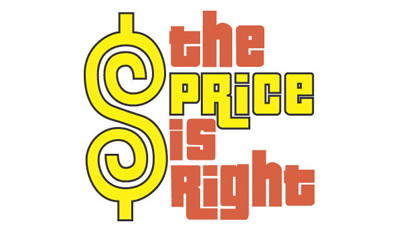If it hasn’t hit you yet, it will soon — there are an awful lot of live events happening in the online world.
Now there’s an excellent reason for this — hosting your own event can be a huge business booster, so many entrepreneurs find themselves giving the whole event-hosting a whirl. However, for the attendee, it can be downright overwhelming to decide which events are worth the time/money/aggravation to attend.
If that’s you then never fear, help is here. As someone who has attended probably a gazillion events (the good, the bad and the ugly) I have a few thoughts on this whole event-attending business. Below are 3 questions to ask yourself when an event invitation crosses your path:
1. Is the event promise something you feel like you need to learn? First and foremost events are about training, so taking a look at what you’re going to walk away with is an excellent place to start. In addition to reviewing the event promise (or transformation you’ll receive by attending) also check out the event host. Is this someone you want to learn from? Not only from a credibility standpoint but are you going to enjoy watching them on a stage for big chunks of time?
If the answer is “yes” then it probably would be worth your while to carve out the time in your schedule to attend (especially if there’s not another way to get your hands on the information). If the answer is “no,” that doesn’t necessarily mean you shouldn’t attend, but you should definitely keep reading.
2. Will the networking be worth it? Will your ideal clients be in attendance and/or possible joint venture partners? Events are also about meeting people live and in person. If your peeps will be at the event then you also probably want to be there. If they aren’t going to be there, well, then you may want to think twice about attending, unless…
3. Is it time to infuse your business with new ideas? Are you feeling old and stale sitting by yourself in your home or office? Events are fabulous at helping you shake the cobwebs out of your current thoughts and behaviors and have you see things in a new light. If you’re feeling stuck or overwhelmed in your business, attending an event can be just the ticket to helping you get a fresh new perspective (which ultimately can lead to you getting unstuck and un-overwhelmed).
And I know I promised 3 questions but here’s one more bonus question:
4. Has it been awhile since you attended an event? I do think there are a ton of benefits to getting yourself away from your daily to-do list and into the energy of possibilities that events hold, and if it’s been awhile since you attended an event, then it’s probably time.
Now for scoring — unless you had all yeses or all no’s, there’s no real right or wrong answer. If there was only one yes but it was a really strong and important yes, that may be enough for you. But on the flip side, you still might decline to attend an event even with all but one yes (if the one no was strong enough you just felt like you couldn’t stomach going).
Mostly what I wanted to do is to help you think about all the reasons why it’s important to attend events, and then to decide if this particular event is the right one for you.


 Have you ever been on a sales call where the client was in total control? Of course you were. We all were. And it’s a real bear trying to change things when it happens. At some point, it becomes a runaway sales call and the client has manipulated and controlled everything. When this occurs, you lose all negotiating power, your ability to identify their problems, the chance to close, and anything else that will help you win their business.
Have you ever been on a sales call where the client was in total control? Of course you were. We all were. And it’s a real bear trying to change things when it happens. At some point, it becomes a runaway sales call and the client has manipulated and controlled everything. When this occurs, you lose all negotiating power, your ability to identify their problems, the chance to close, and anything else that will help you win their business. Russ Lombardo is President of
Russ Lombardo is President of 